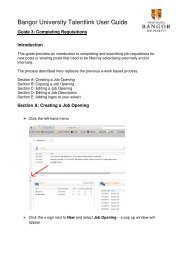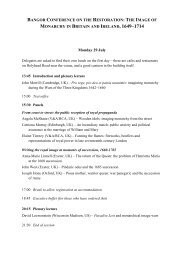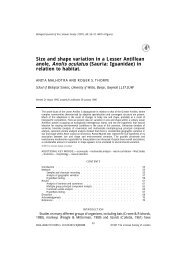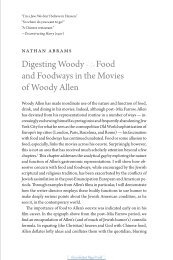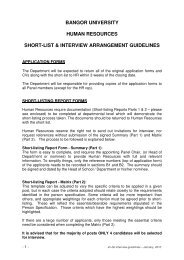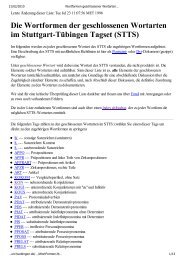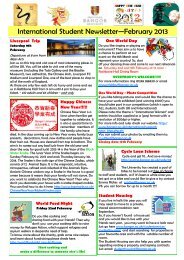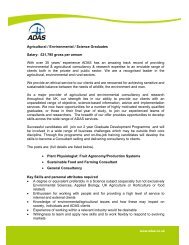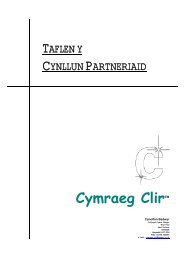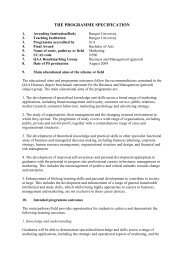Overuse-underuse on syntactic annotation of Falko
Overuse-underuse on syntactic annotation of Falko
Overuse-underuse on syntactic annotation of Falko
Create successful ePaper yourself
Turn your PDF publications into a flip-book with our unique Google optimized e-Paper software.
ackground: interlanguage<br />
• assumpti<strong>on</strong>: learners <strong>of</strong> a sec<strong>on</strong>d/foreign<br />
language have a systematic internal grammar<br />
(interlanguage), different from the internal<br />
grammar <strong>of</strong> L1 speakers <strong>of</strong> the target language<br />
• interlanguage is influenced by<br />
– the learners' L1 (transfer, interference)<br />
– the structure <strong>of</strong> the L2<br />
– general learning principles<br />
– mode <strong>of</strong> acquisiti<strong>on</strong> / teaching method / learning<br />
strategies<br />
• Selinker (1972), Nickel (1998) and many others<br />
3<br />
interlanguage & data<br />
• further assumpti<strong>on</strong>: interlanguage can be<br />
researched through the analysis <strong>of</strong> (naturally<br />
occurring) learner data<br />
• <strong>on</strong>e type <strong>of</strong> data: learner corpora<br />
• analysis<br />
– error analysis<br />
→ analysis <strong>of</strong> learner data wrt a 'correct' form<br />
– c<strong>on</strong>trastive interlanguage analysis (CIA)<br />
→ analysis <strong>of</strong> the learner data wrt to another corpus<br />
4<br />
2



